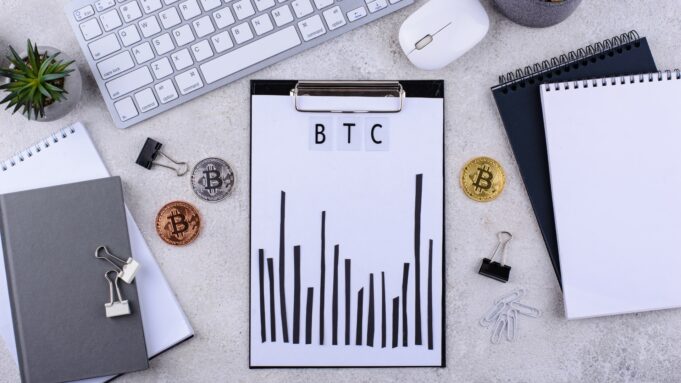In the world of cryptocurrencies, security is an essential aspect that every investor and user should prioritize. Bitcoin mining, in particular, has become increasingly popular, and as a result, there is a need for more secure ways of storing the digital currency.
One way to secure your Bitcoin mining is through the use of multi-signature wallets. These wallets provide an extra layer of security by requiring multiple private keys to authorize a transaction. In this article, we will discuss how to use a private key to secure your Bitcoin mining in multi-signature wallets.
Understanding Multi-Signature Wallets
Before we dive into the details of using a private key to secure your Bitcoin mining in multi-signature wallets, we need to understand what multi-signature wallets are.
A multi-signature wallet is a digital wallet that requires multiple signatures from different private keys to authorize a transaction. This means that no single person can make a transaction without the approval of the other signatories.
For instance, let’s say that you want to create a multi-signature wallet that requires three private keys to authorize a transaction. You would need to provide each signatory with one private key, and any transaction would require two of the three private keys to authorize.
This provides an extra layer of security because even if one of the private keys is compromised, the transaction cannot go through without the other private keys’ approval.
Using a Private Key to Secure Your Bitcoin Mining
Now that we understand multi-signature wallets let’s discuss how to use a private key to secure your Bitcoin mining.
The first step is to create a multi-signature wallet. This can be done through a variety of platforms such as BitGo, Copay, and GreenAddress. You will need to select the number of signatories and the number of private keys required to authorize a transaction.
Once you have created your multi-signature wallet, you will need to generate private keys. Private keys are essential in Bitcoin mining because they allow you to send and receive Bitcoins.
To generate a private key, you can use a random number generator or a hardware wallet such as Ledger or Trezor. It is crucial to keep your private keys secure and never share them with anyone.
After generating your private keys, you will need to share them with the other signatories of the multi-signature wallet. Each signatory should have a different private key.
When making a transaction, you will need to have at least two private keys to authorize the transaction. This means that if one of the private keys is compromised, the transaction cannot go through without the approval of the other private keys.
Tips for Securing Your Private Keys
Since private keys are crucial in Bitcoin mining, it is essential to keep them secure. Here are some tips to help you secure your private keys:
1. Use a Hardware Wallet: Hardware wallets are the safest way to store your private keys. They are designed to keep your private keys offline, making them less susceptible to hacking.
2. Use a Strong Password: When creating a password for your private key, ensure that it is strong and difficult to guess. Avoid using common words or phrases.
3. Keep your Private Keys Offline: Avoid storing your private keys on your computer or mobile device. Instead, print them out and store them in a safe place.
4. Use Two-Factor Authentication: Two-factor authentication adds an extra layer of security to your private keys. It requires you to enter a code sent to your phone or email before accessing your private key.
Conclusion
Bitcoin mining is a lucrative venture, but it comes with its risks. A multi-signature wallet is an excellent way to secure your Bitcoin mining by requiring multiple private keys to authorize a transaction.
Using a private key to secure your Bitcoin mining in multi-signature wallets is easy. You need to generate private keys and share them with the other signatories of the wallet. When making a transaction, you will need at least two private keys to authorize the transaction.
It is important to keep your private keys secure by using a hardware wallet, using a strong password, keeping your private keys offline, and using two-factor authentication. By following these tips, you can secure your Bitcoin mining and avoid loss of funds.

























